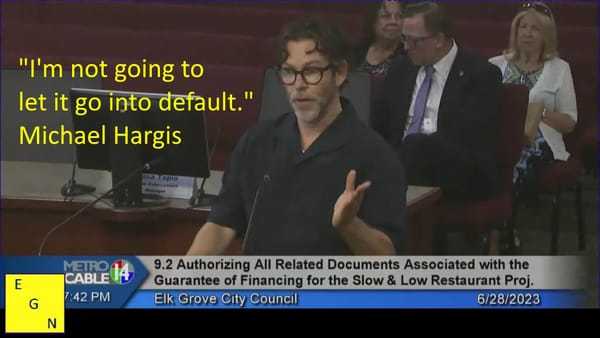Ballot proposal and court ruling open new front in California’s never-ending tax wars

By Dan Walter | CalMatters.org |
For 45 years – ever since California voters passed the iconic Proposition 13 property tax limit in 1978 – powerful interest groups have fought a running political and legal battle over restrictions on new taxes.
Those who want to raise taxes – public employee unions, particularly – have dueled with anti-tax groups such as the Howard Jarvis Taxpayers Association over restrictions imposed by Prop. 13 and subsequent measures.
Prop. 13’s curbs on property taxes have survived several attempts to repeal or modify their provisions, but the battle continues over other aspects of the issue.
Next year’s ballot will likely include another skirmish in the perennial tax war, a measure sponsored by the California Business Roundtable and anti-tax groups that, if passed, would require any new state or local tax to be approved by voters.
It would counteract the state Supreme Court’s 2020 refusal to overturn an appellate court ruling declaring that citizens’ initiative tax proposals do not have to meet the two-thirds vote requirement that local government ballot measures face.
The two-thirds vote requirement for special taxes had been installed in the state constitution by Proposition 218, a 1996 measure backed by roughly the same interests that are sponsoring next year’s initiative.
For years, it was assumed that the two-thirds vote applied to all special tax measures, but in 2017, a decision by the state Supreme Court, dubbed “Upland” because it dealt with taxing marijuana in that Southern California city, obliquely cast doubt on that assumption.
Writing the 5-2 majority opinion, Supreme Court Justice Mariano-Florentino Cuéllar declared, “Multiple provisions of the state constitution explicitly constrain the power of local governments to raise taxes. But we will not lightly apply such restrictions on local governments to voter initiatives.”
He thus implied that special purpose taxes placed before voters through a citizens’ initiative may not be subject to the two-thirds vote requirement for taxes sought by governments themselves.
Cuéllar’s seemingly offhand remark touched off a flurry of cases, culminating in the Supreme Court’s refusal in 2020 to overturn an appellate court’s flat declaration that local taxes placed before voters via initiative need only simple majority approval.
The 2024 measure would not only reinstate the two-thirds vote for local special taxes, regardless of origin, but also require voter approval of state tax increases and make it more difficult to impose fees.
However, just as the pro and con campaigns begin to form, a decision issued by a state appellate court in Southern California last week provides a new point of conflict.
Unsurprisingly, the appellate court upheld the validity of a 2020 increase in San Diego’s hotel taxes, placed on the ballot via initiative, that received 65% voter approval, just shy of two-thirds. Revenue from the tax would expand the city’s convention center and also support homelessness programs and road repairs.
“We have concluded that Measure C, as a citizens’ initiative, was subject to a simple majority vote,” Associate Justice Richard Huffman wrote.
However, the decision sidestepped another aspect of the case – whether the involvement in the Measure C campaign by a member of the city-owned Convention Center Corp., Jaymie Bradford, made the tax an official act, not a true initiative exempt from the two-thirds vote requirement. The court sent that issue back to Superior Court for a ruling.
Ever since the state Supreme Court opened the door to easier passage of local tax increase initiatives, pro-tax forces have shifted to that process while anti-tax opponents have contended that the initiatives are often shams.
The appellate court thus opened another front for the contending forces to clash, especially if the 2024 ballot measure fails. It’s a battle that never truly ends.



